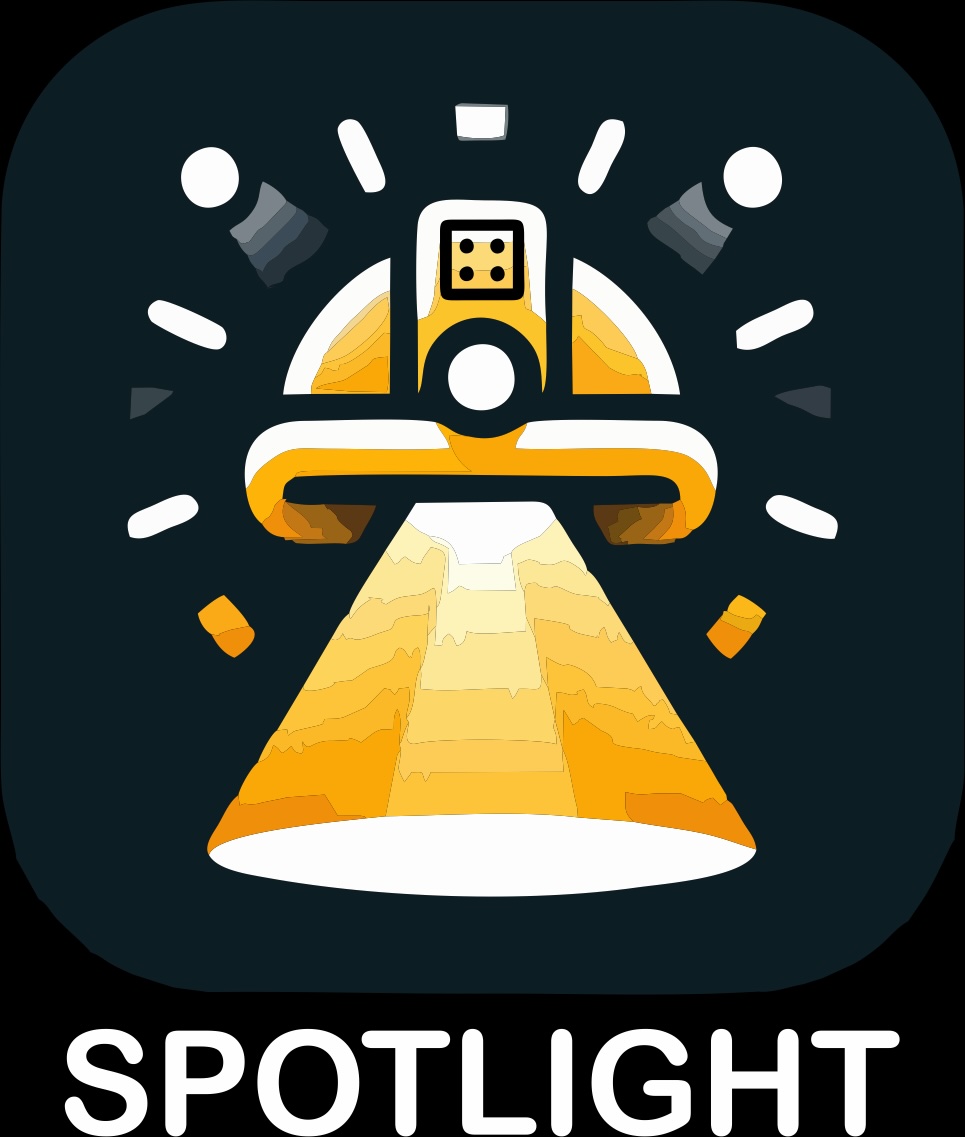Job Overview
The Software Development Project Manager is responsible for leading, planning, and overseeing software development projects from ideation through to completion. This role involves coordinating with cross-functional teams, managing project timelines, budgets, and resources, and ensuring the delivery of high-quality software solutions that meet both customer and company standards.
Responsibilities and Duties
Project Planning and Management:
· Develop detailed project plans that outline scope, timelines, resources, and budget.
Oversee the project lifecycle, from initiation and planning through execution, monitoring, and closure.
· Implement project management methodologies (e.g., Agile, Scrum, Waterfall) best suited to each project.
Team Leadership and Coordination:
· Lead, motivate, and manage project teams, fostering a collaborative and productive work environment.
· Coordinate with product managers, developers, designers, QA testers, and other stakeholders to ensure cohesive efforts and communication.
· Conduct regular team meetings to track progress, address challenges, and adjust plans as needed.
Stakeholder Management:
· Act as the primary point of contact for project stakeholders, including clients, senior management, and team members.
· Regularly update stakeholders on project status, milestones, and any changes to project scope or timelines.
· Manage stakeholder expectations and negotiate solutions to project challenges.
· Quality Assurance and Risk Management:
· Ensure projects are delivered to the highest quality standards, meeting functional and non-functional requirements.
· Identify potential risks and issues early in the project lifecycle and develop mitigation and contingency plans.
· Conduct post-project reviews to capture learnings and improve future project processes and outcomes.
· Financial and Resource Management:
· Develop and manage project budgets, ensuring optimal use of resources and cost-effectiveness.
· Monitor project expenditures and make adjustments as necessary to stay within budget.
Qualifications:
· Bachelor’s degree in computer science, Information Technology, Business, or a related field.
· Project management certification (e.g., PMP, Prince2, Certified Scrum Master) is highly desirable.
· Minimum of 5 years of experience in project management within a software development environment.
· Strong understanding of software development life cycle (SDLC) and contemporary software development methodologies.
· Proficiency in project management software tools (e.g., JIRA, Asana, Trello).
Skills:
· Excellent leadership and team management skills.
· Strong communication and interpersonal skills, with the ability to communicate technical concepts to non-technical stakeholders.
· Analytical and problem-solving abilities.
· Ability to manage multiple projects simultaneously in a fast-paced environment.
· Adaptability and flexibility to changing technologies and requirements.
Working Conditions:
· This role may require occasional travel to meet with clients, vendors, or offsite teams.
· Standard office hours apply, though flexibility is required to accommodate project deadlines and meetings in different time zones.
Physical Requirements:
· Primarily a desk-based role with long periods of sitting.
Requires extended use of a computer keyboard and monitor.

